I often have trouble sleeping, trying to sleep early but still have trouble falling asleep, restless, waking up tired in the morning. Should I drink herbal tea and what kind? (Thanh Tra, Tay Ninh)
Reply:
Insomnia is a common sleep disorder. Patients often do not get enough sleep, do not sleep deeply, have difficulty falling asleep or have nightmares. People with insomnia often feel lethargic in the morning, have difficulty concentrating, have poor ability to handle work, gain weight, have depression, and are at increased risk of stroke and cardiovascular disease.
With your condition, herbs such as herbal tea can help calm the mind and help you sleep. Herbal tea has a pleasant aroma, soothes the mind, and helps the body fall asleep more easily.
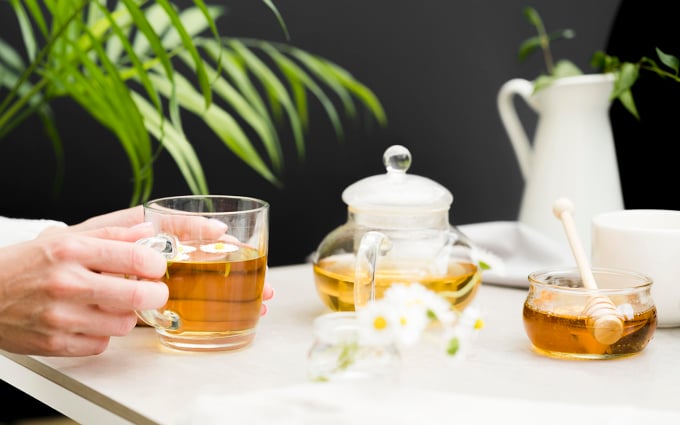
Drinking herbal tea can help you sleep better. Photo: Freepik
You can refer to the 4 herbal teas below to support good sleep and deeper sleep.
Chamomile tea contains anti-inflammatory properties that help reduce stress and improve insomnia. Apigenin is an antioxidant in this tea that has a sedative effect, relaxes the nerves, and promotes sleep.
Lavender tea with silexan essential oil helps reduce anxiety, stress, and improve sleep quality. Not only drinking tea, smelling the scent of lavender also helps increase sleep time.
Ginger tea has a spicy, warm taste and is used to relieve symptoms of certain diseases and soothe the body. Drinking a cup of ginger tea before bed helps you sleep better.
Perilla leaf tea can reduce symptoms associated with insomnia such as anxiety, restlessness, and depression when drunk in a cup before bedtime.
Herbal tea is not a sleeping pill, it is only a temporary solution, not a radical treatment for insomnia. Overuse of herbal tea can disrupt the natural sleep-wake cycle. Teas contain a lot of caffeine, if you drink too much it can cause insomnia. Drinking too much tea close to bedtime can cause diuresis and liver dysfunction.
You can use some nutrients that have the effect of fighting free radicals and increasing blood flow to the brain such as natural essences from blueberries and ginkgo biloba. These nutrients help restore neurotransmitter function and help improve insomnia.
People with severe, prolonged insomnia should see a neurologist. Many cases of sleep disorders can be a sign of underlying neurological diseases.
Doctor Hoang Quyet Tien
Medical Information Center, Tam Anh General Hospital, Ho Chi Minh City
| Readers ask questions about neurological diseases here to get answers from doctors. |
Source link


![[Photo] President Luong Cuong receives Ethiopian Prime Minister Abiy Ahmed Ali](https://vstatic.vietnam.vn/vietnam/resource/IMAGE/2025/4/16/504685cac833417284c88a786739119c)
![[Photo] Many practical activities of the 9th Vietnam-China border defense friendship exchange](https://vstatic.vietnam.vn/vietnam/resource/IMAGE/2025/4/16/3016ed3ef51049219574230056ddb741)
![[Photo] National Assembly Chairman Tran Thanh Man meets with Ethiopian Prime Minister Abiy Ahmed Ali](https://vstatic.vietnam.vn/vietnam/resource/IMAGE/2025/4/16/c196dbc1755d46e4ae7b506c5c15be55)
![[Photo] Opening of the Exhibition on Green Growth](https://vstatic.vietnam.vn/vietnam/resource/IMAGE/2025/4/16/253372a4bb6e4138b6f308bc5c63fd51)
![[Photo] President Luong Cuong meets 100 typical examples of the Deeds of Kindness Program](https://vstatic.vietnam.vn/vietnam/resource/IMAGE/2025/4/16/ce8300edfa7e4afbb3d6da8f2172d580)
![[Photo] Opening of the 4th Summit of the Partnership for Green Growth and the Global Goals](https://vstatic.vietnam.vn/vietnam/resource/IMAGE/2025/4/16/488550ff07ce4cd9b68a2a9572a6e035)







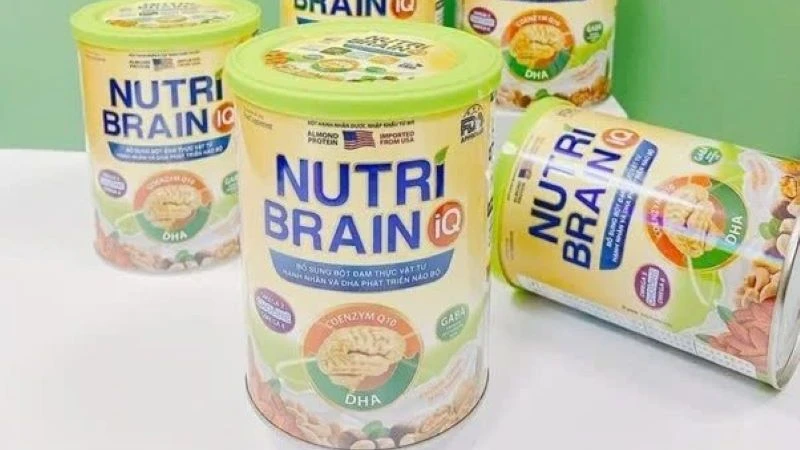


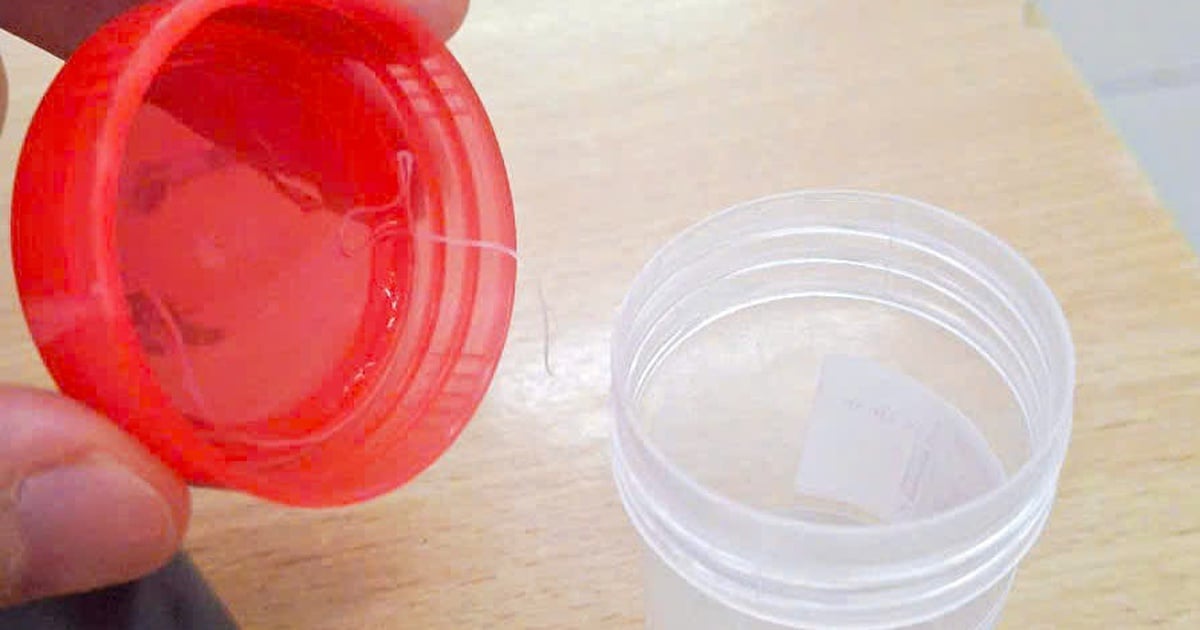
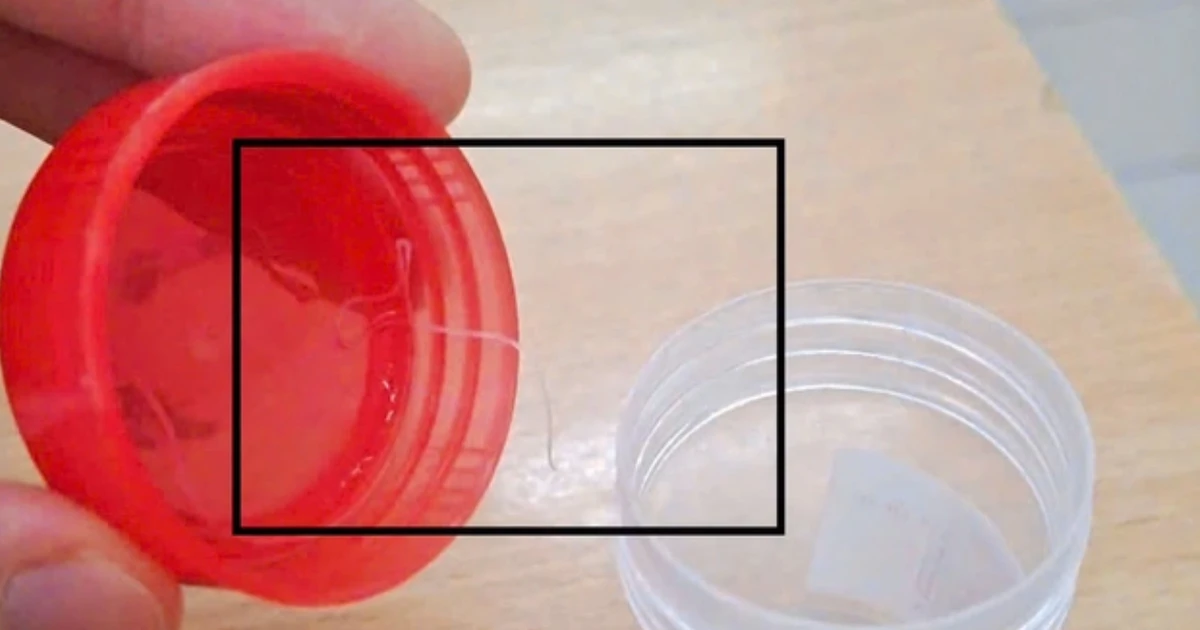













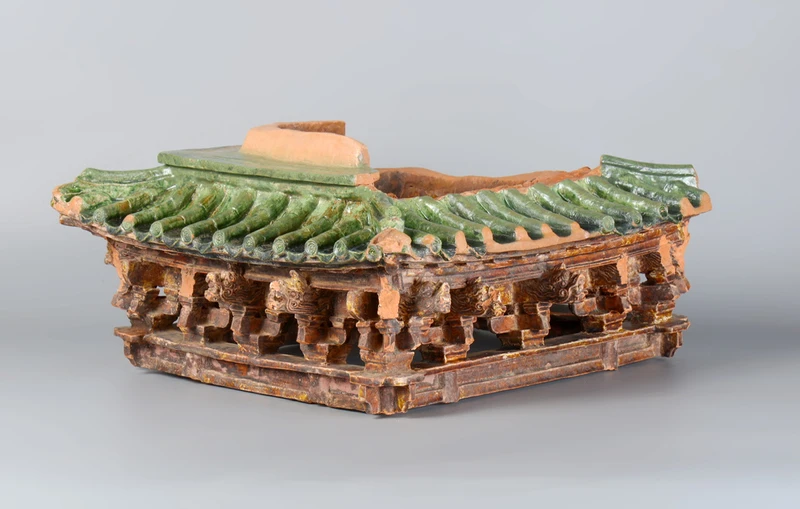











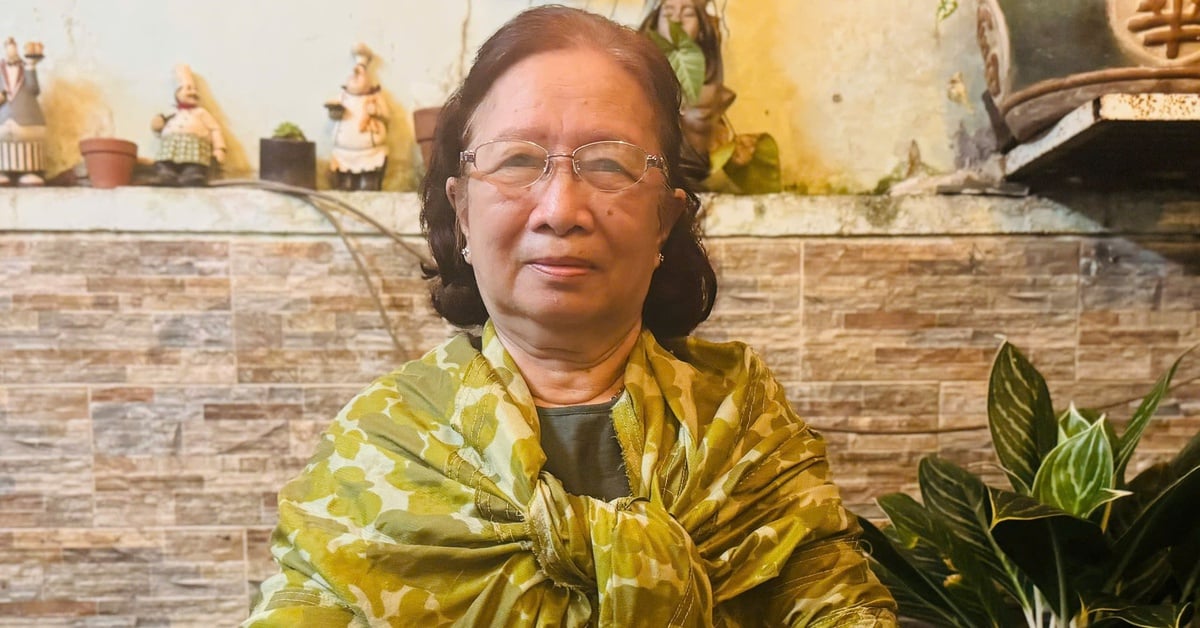

























































Comment (0)